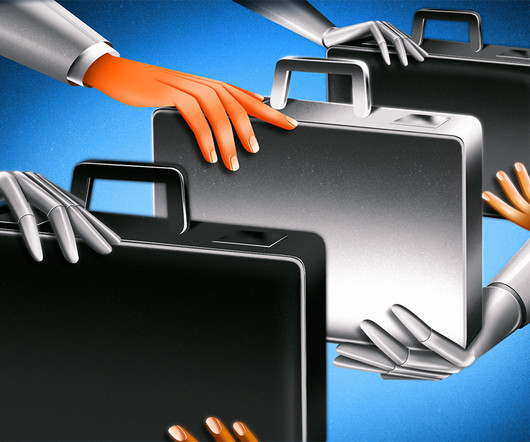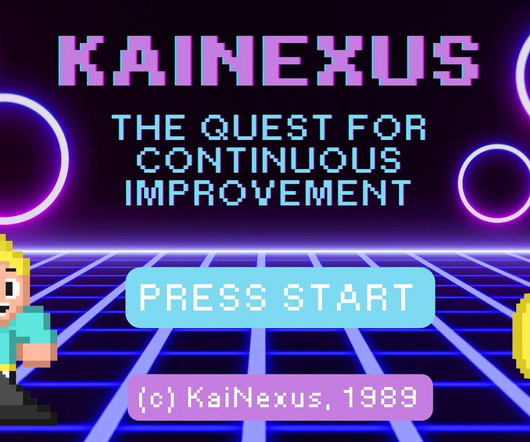An innovation culture or a culture of continuity
Jeffrey Phillips
APRIL 1, 2024
I've been reading and thinking a lot lately about what is described as a "culture of innovation". While I would like to think that such an animal exists, the more skeptical side of me doubts it. I think a culture of innovation is kind of like a unicorn: it would be cool if it existed, and some people claim to have seen one, but when you get up close it's just a normal animal that happens to be missing a horn.

 48
48 
















Let's personalize your content